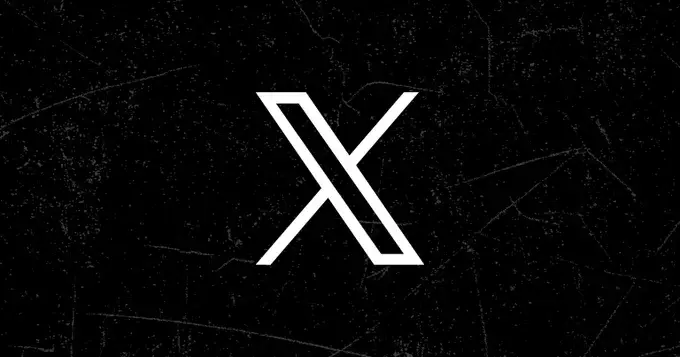In a recent development that has sparked various interpretations, the European Commission determined that X, the rebranded social platform under Elon Musk’s leadership, does not fit the criteria to be classified as a “gatekeeper” platform under the EU Digital Markets Act (DMA). While this decision is being painted by the Musk camp as a significant triumph for innovation and free speech, a deeper examination reveals a more complex narrative, one that may not cast X in the favorable light its leaders hope for.
The EU Digital Markets Act was introduced to create a more equitable digital space by enforcing stringent requirements on companies established as gatekeepers in their respective markets. Gatekeeper platforms are specified as those which hold substantial market influence, create significant pathways for business users to engage with end consumers, and maintain an entrenched position over time. The rules demand that these platforms permit interoperability with third-party services, grant users access to their own generated data, and provide ad performance insights that can be independently verified. Such measures aim to foster competition, preventing dominant players from stifling emerging rivals.
However, after an exhaustive assessment, European officials have concluded that X does not meet the necessary criteria. While this absence of regulation has provided temporary relief for Musk and his team, it also carries the implication that X lacks the robust market power expected from a gatekeeper platform. Such an assessment raises questions about the platform’s future trajectory in the competitive European digital landscape.
One of the fundamental arguments against X’s designation as a gatekeeper stems from its declining user engagement. Current statistics reveal that X boasts approximately 105 million monthly active users in Europe. However, this figure has seen a staggering drop, with a loss of about 12 million users since August 2023. Such trends are alarming, particularly when juxtaposed with competitors like Meta, which holds around 250 million EU users, and TikTok, with its 142 million active users.
This downward spiral doesn’t just reflect a fading user base; it signals a potential loss of relevance and influence within the broader digital marketplace. It is crucial to examine how these numbers impact X’s advertising revenue—a critical component for any social media platform. With declining user engagement and a challenging advertising model, X’s claims of being an innovative powerhouse seem increasingly strained.
Musk’s narrative framing the ruling as a stand against bureaucratic overreach and a safeguard for free speech presents a stark contrast to the overarching market realities. While promoting a vision of innovation, there lies an underlying disconnect where X’s diminished stature in the market contradicts the portrayal of a robust empire reshaping the digital dialogue.
Indeed, the rhetoric surrounding innovation can sometimes eclipse empirical evidence. A firm’s ability to assert itself as a beacon of free speech and innovation becomes questionable when its underlying business metrics do not substantiate such claims. The crux of the matter is that the absence of stringent regulations isn’t necessarily a win. Instead, it is often indicative of a company’s current standings and the challenges it faces in gaining traction within an increasingly competitive sector.
The European Commission’s ruling, therefore, is indeed multifaceted. While it offers temporary relief from regulatory burdens for X, it simultaneously reveals the platform’s current limitations and declining influence. The implication is clear—without the market dominance expected of a gatekeeper, X may find its potential growth curbed rather than unleashed.
While Musk and his allies may celebrate this ruling as a ‘victory’ for innovation and freedom of expression, one must ponder whether it accurately reflects the market conditions X operates in. With decreasing user engagement and revenue challenges, the larger question isn’t just about regulatory maneuvers but rather about the sustainability of X’s business model in an environment increasingly dominated by more powerful rivals. Thus, one could conclude that the real challenge lies ahead for X, as it struggles to redefine its relevance in a world where competition continues to evolve rapidly.


Leave a Reply
You must be logged in to post a comment.